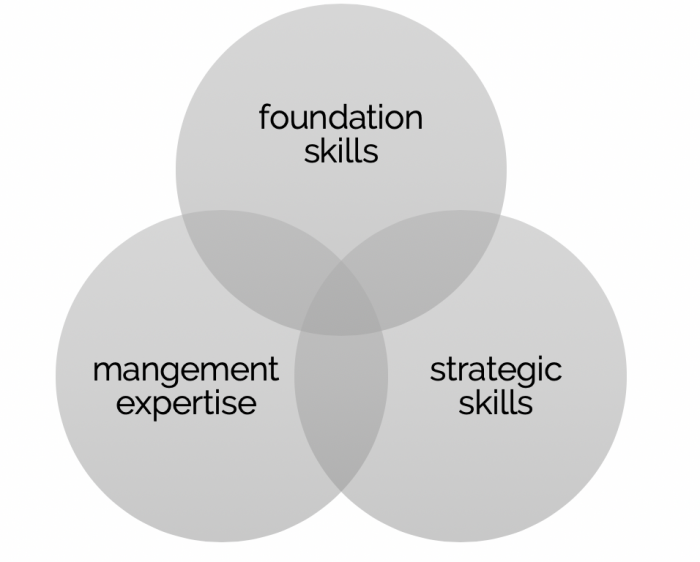What does the farm manager of the future look like?
With the advent of technology and ever-developing social expectation, the role of an on-farm manager is evolving.
Historically this role was heavily focused on operational excellence – the ability to nurture and care for animals, keep things running smoothly with a broad range of capital works/repairs and maintenance skills, manage resources like pasture and water and run a good team of employees or contractors. They needed to understand how the business ran and work to a budget. We call these ‘foundation skills’.

Trends in management skills
Of late, we are noticing trends towards more advanced skill sets. Some of these abilities include:
- Market opportunities: be acutely aware of markets and participate more in the marketing of business outputs
- Big Picture Focus: holding a national and global view of the market, consumer expectations and climate-related debate
- Risk & compliance: management of risk with adequate processes and reporting rigour including ESG
- Tech Savvy: hold and utilise multiple tools and technology resources in daily management
- Measured Performance: the ability to focus on performance metrics and will have faster feedback loops
- Quick to respond: an ability to be more active and dynamic enabling businesses to be more nimble
- A growth mindset: wherein the way things were done doesn’t necessarily carry the same weight when deciding what to do in the future as it once did, including preparedness to learn, research, investigate and adapt.
- Staying connected: by using technology and social channels, they will be so much more informed, develop their own networks and be well connected
- Informed: the access to information/data at their fingertips, live, global, research/thought leadership
On-farm management expectations
Along with the shifts in expectations for a good Manager, so too will their own expectations shift, as we see new generations of farmers taking management seats. They will:
- expect more skin in the game financially. Remuneration will be structured differently with profit shares and short and long-term incentive programs.
- expect compensation for living remotely and the lifestyle
- require access to the latest information and technology
- insist on more input into decision making, budget preparation and business planning.
Many of these new skills are more managerial or strategic in nature and draw from areas of expertise from other industries.
The increasing knowledge gaps
As we see new skill sets forming the best management, we need to be careful we don’t forget about those core foundational skills. In the past, managers tended to start out working on farms and grow into more senior roles. Today, many of our aspiring managers are taking an academic route to the seat. That will deliver many of the new skills required but could fall short on those traditional skills. Our new management force may need additional support or training in practical skills like livestock handling, agronomy or pasture management.
In our view, for larger properties, the best approach to creating and delivering effective strategy is to create a team around these skills, with on-farm management prioritising foundation skills.
If you have questions about building the right team to look after an Ag Investment, please get in touch.
Related articles
